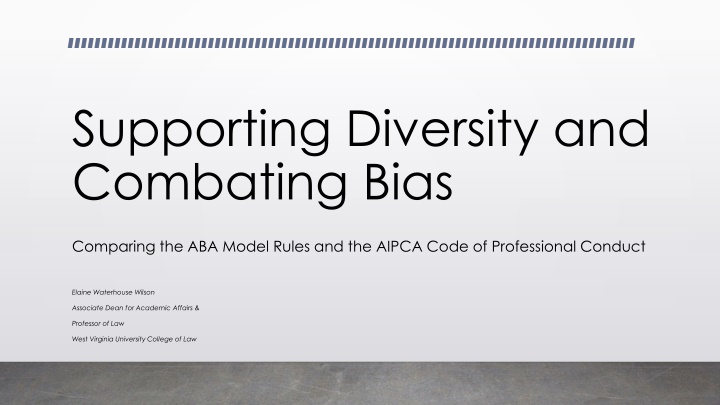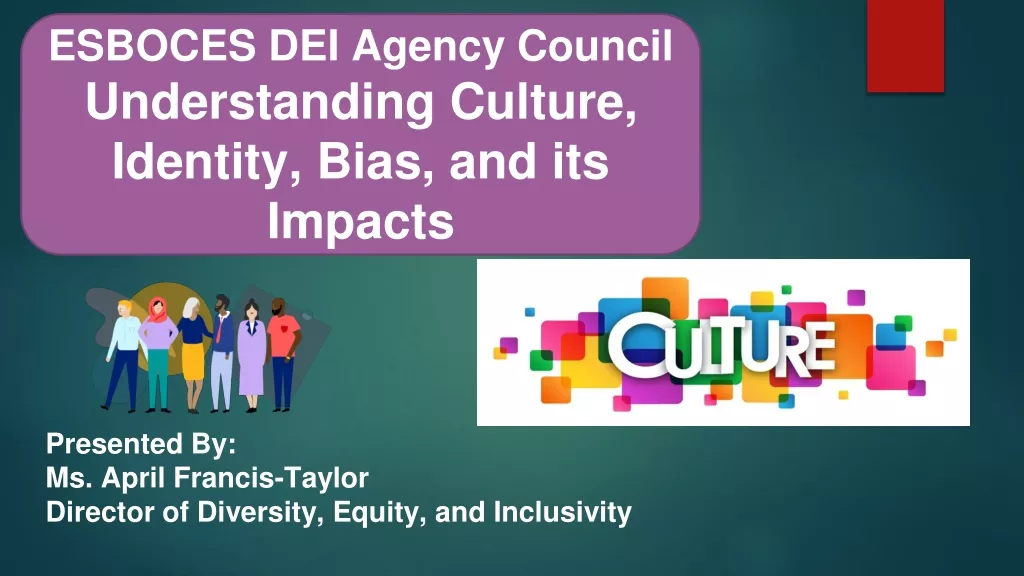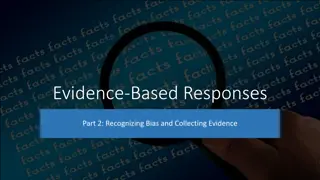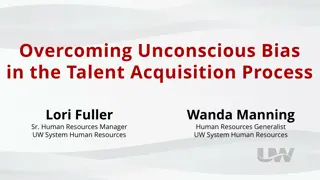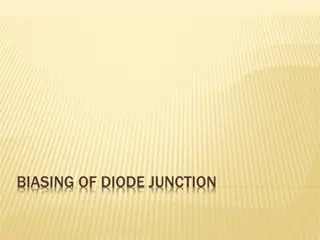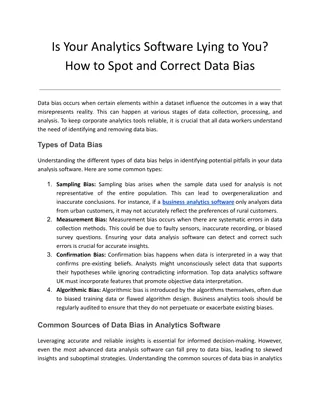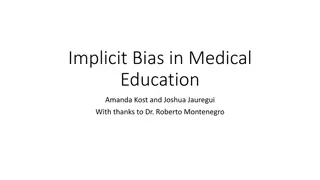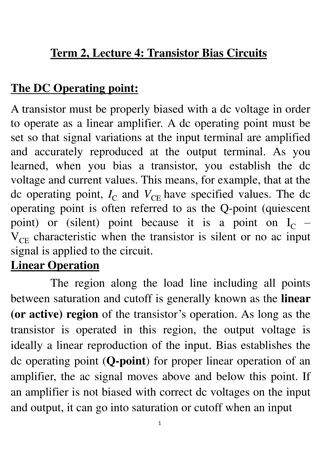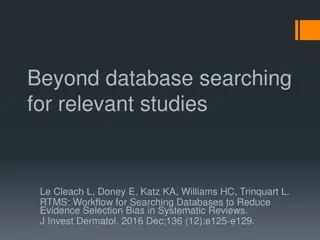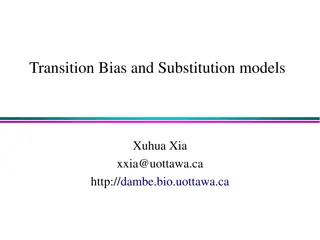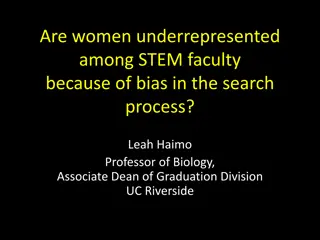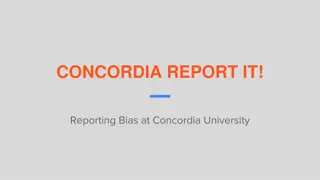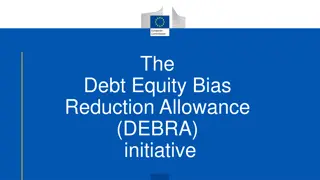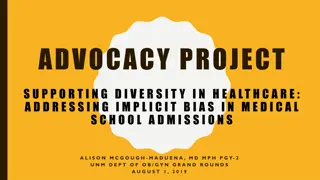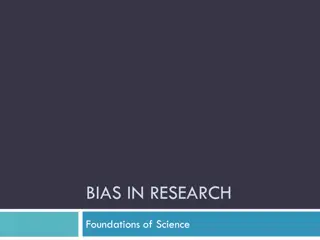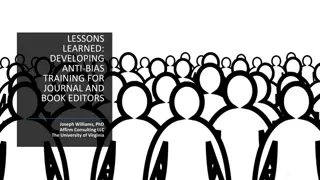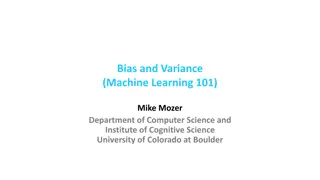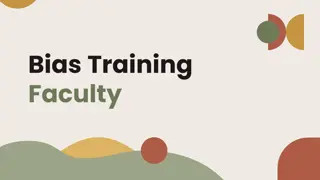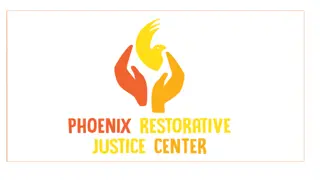Supporting Diversity and Combating Bias: Professional Practices
Diversity and bias in the legal and accounting professions are explored, focusing on challenges faced by professionals due to discrimination and structural bias. Questions are raised on addressing unconscious and conscious biases in professional licensure and ethics, with a particular emphasis on the impact on diverse applicants.
Download Presentation

Please find below an Image/Link to download the presentation.
The content on the website is provided AS IS for your information and personal use only. It may not be sold, licensed, or shared on other websites without obtaining consent from the author.If you encounter any issues during the download, it is possible that the publisher has removed the file from their server.
You are allowed to download the files provided on this website for personal or commercial use, subject to the condition that they are used lawfully. All files are the property of their respective owners.
The content on the website is provided AS IS for your information and personal use only. It may not be sold, licensed, or shared on other websites without obtaining consent from the author.
E N D
Presentation Transcript
Supporting Diversity and Combating Bias Comparing the ABA Model Rules and the AIPCA Code of Professional Conduct Elaine Waterhouse Wilson Associate Dean for Academic Affairs & Professor of Law West Virginia University College of Law
Diversity in the Profession How do we look at issues of discrimination and structural bias that inhibit individuals from being competent and successful professionals? Bias in the Profession The Twofold Problem How do we make sure that the biases (conscious and unconscious) of individual professionals and structural bias do not impact the quality of professional representation given?
Diversity in the Professions An Empirical Analysis of Diversity in the Legal Profession (2014): to become a legal professional, an individual must pass through a number of filters that are either controlled by the legal professionor are beyond its control. Findings: People of color are significantly under represented in law, but Same is true for most high prestige professions
So what do we control? (or do we?) Lawyers Accountants Bias in the bar exam Bias in the exam Linguistic/cultural specific issues Linguistic/cultural specific issues Reliance on LSAT/GPA CPA Experience requirements (UAA 1 year in PA/WV; more elsewhere) Character & Fitness Good moral character The diploma privilege and reading the law movements Act 53 of 2020 We also control our reactions to the results of the factors we don t control
Act 53 of 2020 Changes the way in which the PA Board of Accountancy handles applicants with criminal convictions Prohibits BPOA s licensing boards and commissions from denying licensure based on considerations of good moral character, crimes of moral turpitude, or ethical or honest practice. PA Best Practices Does this hurt or help diverse applicants? Two step process listed criminal convictions and then individualized assessment Exceptions for sexual crimes, crimes of violence, certain drug crimes
Bias in the Profession Do the professions need to address unconscious bias as part of the professional licensure and professional ethics process? How about conscious bias? Less about who we are as a profession, more about how we practice as a profession If so, how?
Cultural Competency The goal of striving for cultural competence is to remove barriers to access as cultural differences can obstruct communication and trust between a [professional] and her client. Barriers to access occur when misunderstandings or miscommunication prevent successful representation. With increased cross-cultural competency, [professionals] have a better ability to build trusting relationships and communicate with their clients.
Implicit Bias The Perception Institute Thoughts and feelings are implicit if we are unaware of them or mistaken about their nature. We have a bias when, rather than being neutral, we have a preference for (or aversion to) a person or group of people. Thus, we use the term implicit bias to describe when we have attitudes towards people or associate stereotypes with them without our conscious knowledge. A fairly commonplace example of this is seen in studies that show that white people will frequently associate criminality with black people without even realizing they re doing it. The Harvard Implicit Bias Project
ABA Proposed Standard 303 (c) A law school shall provide training and education to law students on bias, cross-cultural competency, and racism: (1) at the start of the program of legal education, and (2) at least once again before graduation. For students engaged in law clinics or field placements, the second occasion for training and education will take place before or concurrent with their enrollment in clinical or field placement courses.
Interpretation 303-6. Why Proposed Standard 303? With respect to 303(a)(1), the importance of cross-cultural competency to professionally responsible representation and the obligation of lawyers to promote a justice system that provides equal access and eliminates bias, discrimination, and racism in the law should be among the values and responsibilities of the legal profession to which students are introduced Accountants do not explicity appear to have a similar requirement at this time. Should they?
AICPAs UAA Definition of Ethics (Model Rule 5-1(e)) Ethics means a program of learning that provides students with a framework of ethical reasoning, professional values and attitudes for exercising professional skepticism and other behavior that is in the best interest of the public and profession. At a minimum, an ethics program should provide a foundation for ethical reasoning and the core values of integrity, objectivity and independence. Rule 5.2 says an applicant s education should Include and emphasize ethical behavior, professional skepticism and judgment, and professional responsibility.
Now that youve graduated CLE/CPE Should/can/does your jurisdiction require continuing education in diversity, bias, or cultural competency?
Attorney CLE Requirements for Diversity and Inclusion (a/o August 2020) California Florida Illinois Maine New Jersey Minnesota Missouri New York West Virginia Oregon
Accounting CPE in New York* Advisory Services includes Professional Ethics includes Behavioral Ethics Regulatory Ethics Communications Ethics and Professional Conduct Personal Development What about PA? Social Environment of Business https://www.picpa.org/atte nd-cpe-events/courses- by-topic/ethic-cpe- seminars *http://www.op.nysed.gov/prof/cpa/cpace.htm#ethics
Accountant CPE Diversity Requirements From the Illinois CPA society https://www.cpehours.com/guide-cpa-education-requirements/ Most CPAs interpret courses covering the subject of professional ethics to include only those courses related to the Code of Professional Conduct and not to include courses such as harassment, diversity in the workplace, etc. If you desire further clarification, please contact the Illinois Department of Financial and Professional Regulation (IDFPR) at 217.785.0800.
Conscious Bias in Professional Practice
ABA Model Rule 8.4(g) - 2016 It is professional misconduct for a lawyer to: g) engage in conduct that the lawyer knows or reasonably should know is harassment or discrimination on the basis of race, sex, religion, national origin, ethnicity, disability, age, sexual orientation, gender identity, marital status or socioeconomic status in conduct related to the practice of law. This paragraph does not limit the ability of a lawyer to accept, decline or withdraw from a representation in accordance with Rule 1.16. This paragraph does not preclude legitimate advice or advocacy consistent with these Rules.
Four States Declare Rule 8.4(g) Unconstitutional Texas Freedoms of Speech, Association, Religion South Carolina adds vagueness Louisiana content-based regulation Tennessee violates zealous advocacy
Potential State Modifications to Rule 8.4(g) Vermont is the only state to adopt without revision What about Pennsylvania?* After significant debate and multiple Versions, PA adopted the following variation Pennsylvania is one of the few states to adopt even with revisions https://reason.com/volokh/2020/06/11/pennsylvania-adopts- variant-of-aba-model-rule-8-4g/?itm_source=parsely-api
Pennsylvania It is professional misconduct for a lawyer to engage in conduct that the lawyer knows or reasonably should know is harassment or discrimination on the basis of race, sex, religion, national origin, ethnicity, disability, age, sexual orientation, gender identity, marital status or socioeconomic status in conduct related to the practice of law. in the practice of law, knowingly engage in conduct constituting harassment or discrimination based upon race, sex, gender identity or expression, religion, national origin, ethnicity, disability, age, sexual orientation, marital status, or socioeconomic status. ABA PA
Pennsylvanias Definitions for Rule 8.4(g) Harassment means conduct that is intended to intimidate, denigrate or show hostility or aversion toward a person on any of the bases listed in paragraph (g). Harassment includes sexual harassment, which includes but is not limited to sexual advances, requests for sexual favors, and other conduct of a sexual nature that is unwelcome. Discrimination means conduct that a lawyer knows manifests an intention: to treat a person as inferior based on one or more of the characteristics listed in paragraph (g); to disregard relevant considerations of individual characteristics or merit because of one or more of the listed characteristics; or to cause or attempt to cause interference with the fair administration of justice based on one or more of the listed characteristics.
Similar Accountant Rules?
AICPA Code of Professional Conduct Responsibilities Principle. In carrying out their responsibilities as professionals, members should exercise sensitive professional and moral judgments in all their activities. As professionals, members perform an essential role in society. Consistent with that role, members of the American Institute of Certified Public Accountants have responsibilities to all those who use their professional services. Members also have a continuing responsibility to cooperate with each other to improve the art of accounting, maintain the public s confidence, and carry out the profession s special responsibilities for self- governance. The collective efforts of all members are required to maintain and enhance the traditions of the profession. [Prior reference: ET section 52]
AICPA Public Interest Principle The Public Interest Principle. Members should accept the obligation to act in a way that will serve the public interest, honor the public trust, and demonstrate a commitment to professionalism. A distinguishing mark of a profession is acceptance of its responsibility to the public. The accounting profession s public consists of clients, credit grantors, governments, employers, investors, the business and financial community, and others who rely on the objectivity and integrity of members to maintain the orderly functioning of commerce. This reliance imposes a public interest responsibility on members. The public interest is defined as the collective well-being of the community of people and institutions that the profession serves.
AICPA Principles 1.400 Acts Discreditable 1.400.001 Acts Discreditable Rule .01 A member shall not commit an act discreditable to the profession. [Prior reference: paragraph .01 of ET section 501 1.400.010 Discrimination and Harassment in Employment Practices .01 A member would be presumed to have committed an act discreditable to the profession, in violation of the Acts Discreditable Rule [1.400.001] if a final determination, no longer subject to appeal, is made by a court or an administrative agency of competent jurisdiction that a member has violated any antidiscrimination laws of the United States, a state, or a municipality, including those related to sexual and other forms of harassment. [Prior reference: paragraph .03 of ET section 501
International Ethics Standards Board for Accountants (IESBA) - Fundamental Principle - Objectivity R112.1A professional accountant shall comply with the principle of objectivity, which requires an accountant not to compromise professional or business judgment because of bias, conflict of interest or undue influence of others. Covers personal behavior
IESBA Standards, continued Principle Professional Behavior R115.1 A professional accountant shall comply with the principle of professional behavior, which requires an accountant to comply with relevant laws and regulations and avoid any conduct that the accountant knows or should know might discredit the profession. A professional accountant shall not knowingly engage in any business, occupation or activity that impairs or might impair the integrity, objectivity or good reputation of the profession, and as a result would be incompatible with the fundamental principles. This specifically includes personal conduct
Should we include private behavior? The Krom Study Social crime violations comprised 10.3% of the disciplinary action taken by state boards of accountancy in four large states (California, Illinois, New York, Texas) during 2008 2014, highlight the use of poor judgment in personal decisions that reflect poorly on one s reputation and the profession. Social crimes are personal behaviors that harm others. They violate societal norms of decency. Disciplinary actions for behaviors outside the scope of practice that relate to one s personal behavior indicate the failure to maintain a good moral character, as do crimes or offenses involving moral turpitude. Moral turpitude is conduct that is considered contrary to community standards of justice, honesty, or good morals. It deviates from the behaviors envisioned under the public interest principle.
Such as? (But see our new criminal rules) Texas includes includes criminal prosecution for a crime of moral turpitude, or a crime involving alcohol abuse or controlled substances, or a crime involving physical harm or the threat of physical harm [22 Tex. Admin Code section 501.905(5), http://bit.ly/2V8OJl0]. The Rules of the Board of Regents in New York include as an example of unprofessional conduct conduct in the practice of a profession which evidences moral unfitness to practice the profession (Rules of the Board of Regents of the Office of the Professions in New York State, Part 29, section 29.1, http://bit.ly/2wsMv5Y). Some states deal with unprofessional conduct in their administrative rules. For example, the New Jersey State Board of Accountancy lists any conduct reflecting adversely upon the licensee s fitness to engage in the practice of public accountancy as one example of when a license may be revoked, suspended, or refused to be renewed by the board [New Jersey State Board of Accountancy Statutes, (45:2B-59), http://bit.ly/327fpnU].
What about personal conduct? Hale v. Committee on Character and Fitness for the State of Illinois, 335 F.3d 678 (Ill. 2003) related Seventh Circuit case No. 02-1716 (July 2003) Matthew Hale was the head of the white supremacist organization, The World Church of the Creator
